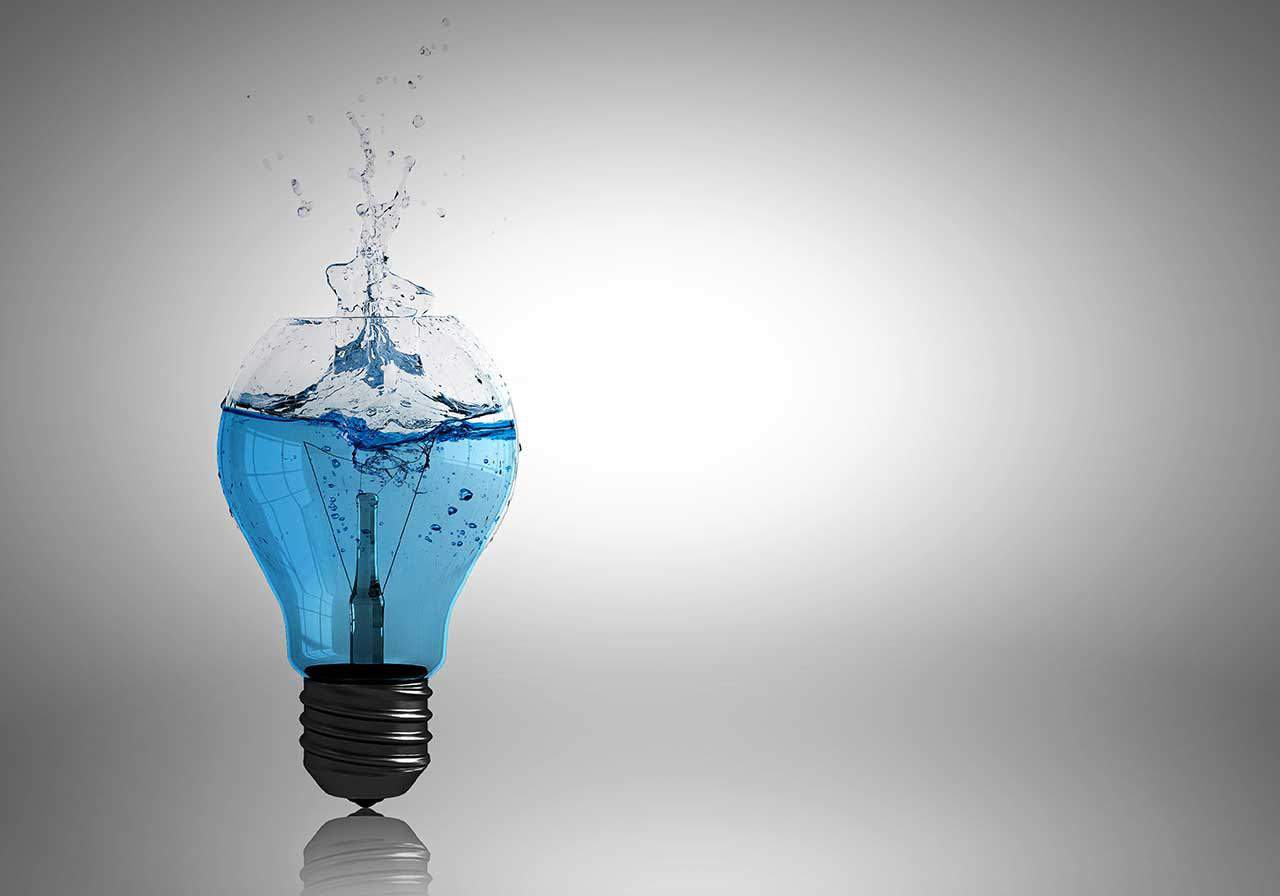
In our modern world, we use water for almost everything in our daily lives. We even have an entire day dedicated to celebrating water. Kindred to its relationship with the natural world, it is fundamentally one of the pillars that allow our bodies and communities to thrive and function. Without it, our survival would be impossible. However, as large and endless as our oceans, lakes, and rivers may seem, water is not unlimited. The sustainable use of our water resources is critical. And the ability to maximize their potential is essential for our way of life.
The problem of access to water is more complicated than it might seem. A significant amount of energy is needed to obtain, treat, desalinate and transport water. Consequently, creating a double-edged sword. So why does water seem to come so quickly to our homes if it takes so much energy? And what actions can we take to conserve our water resources?
A little over one hundred years ago, access to running water in homes was not very common. People had to rely on wells and outhouses to accomplish what we can now in our bathrooms. Through the infrastructural development of sewer and pipe systems, modern-day energy facilitated the transportation of water to our homes. However, proper infrastructure does not remove all obstacles. Providing the water to run through the pipes in these systems has its challenges. Depending on the geography of your community, the process required to gain fresh water will change. Ranging from simply pumping the water from a lake or river to water treatment and desalination facilities, providing fresh water to a community can be very difficult.
The average person uses an estimated 400 liters of water per day. You likely don't witness so much water go down the drain in your home with your own eyes. Yet, it's essential to understand that the water we use goes far beyond what we see. Many don't realize the vast need for water in all the other sectors of our society. Otherwise known as the Energy-Water Nexus, we rely on energy to access water and water to access energy. Agricultural practices, the production of clothes, electricity, even power plant temperature control, and raw material extractions rely on water.
Additionally, the process of treating, transporting and collecting water often requires electricity and other energy resources. Consequently, every time you buy new clothes, turn on the lights or drive your car, you consume water and every time you consume water you also consume other forms of energy. Unfortunately, due to our relationship with our energy resources, most of us miss the consequences of these actions. The closely intertwined relationship between water and energy means that you can't have one without another. Excessive water use risks leaving water contaminated, increases the risk of drought and negatively impacts the environment. We additionally run the risk of being unable to support juxtaposing energy systems, leaving us vulnerable to the possibility of lacking sufficient energy in the future.
Entire civilizations, historically, have fallen due to lack of water, and the modern-day political environment continues to be drastically influenced by the energy-water nexus. As a society, we have become very comfortable indulging in the resources available. The disconnect has grown. However, awareness of the effect our actions have on our resources could help us get through the obstacles we face today.
In the following years, water demand will only increase, but our water supply will not keep pace. Sustainability and water conservation practices are more critical in our modern world than ever before. Today's parents, leaders, and educators have an increasingly significant job to teach younger generations how to conserve water and help create a more sustainable tomorrow.
For more information on how you and your students can save water and energy at school or at home, check out the fantastic resources at Smart Energy Education, which includes Watt Watchers and Resourcefulness.
We'd love to help answer any questions and help you get started! Drop us a line and we'll get back to you as soon as we can.
Watt Watchers of Texas
204 E. Dean Keeton Street, Austin, Texas 78712
contact@watt-watchers.com
Nos encantaría contestarle cualquier pregunta que tenga y ayudarle empezar! Envíenos un mensaje y nos pondremos en contacto con usted lo antes posible.
Watt Watchers de Texas
204 E. Dean Keeton Street, Austin, Texas 78712
contact@watt-watchers.com